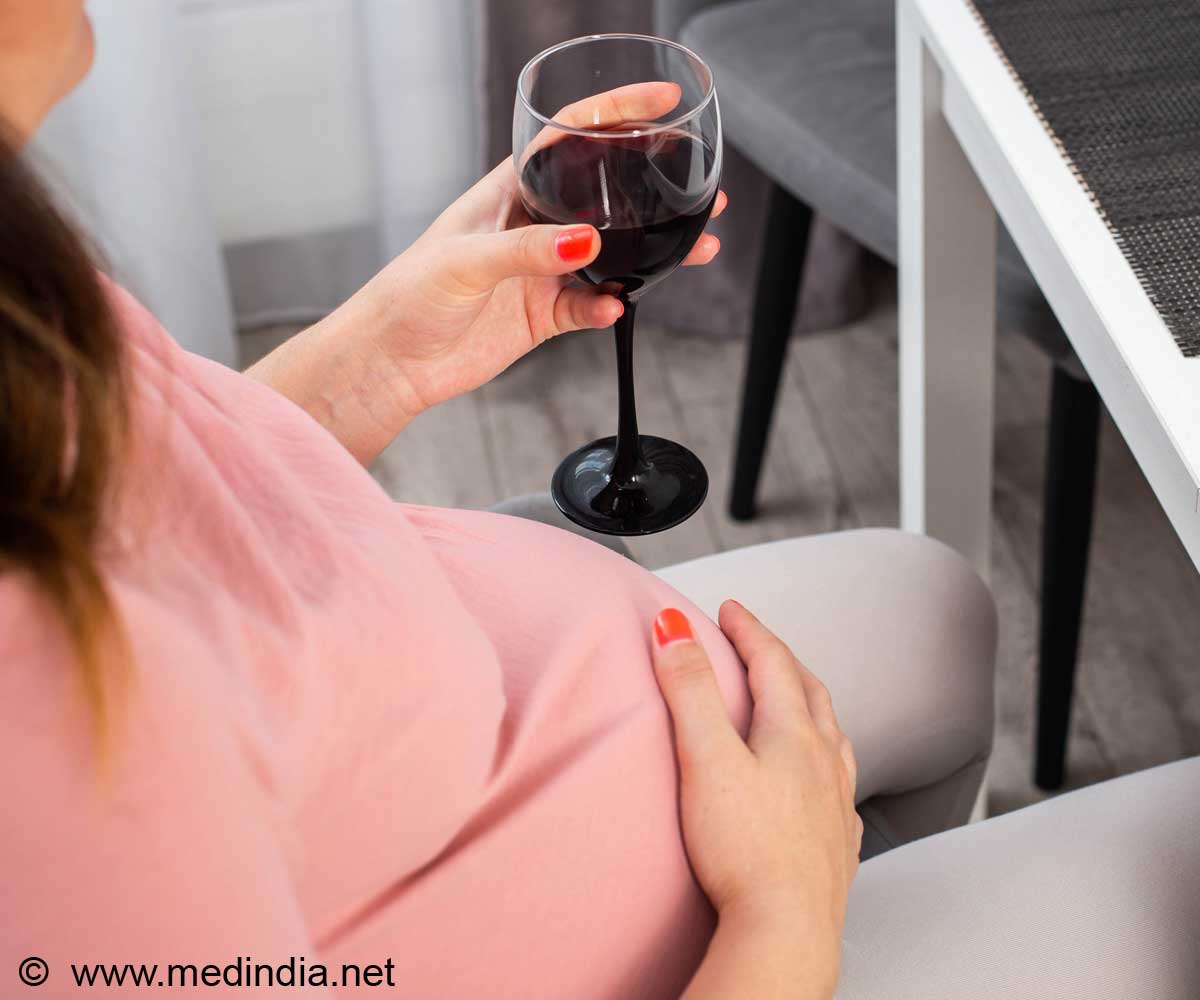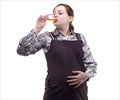Exposure of the fetus to alcohol increases the risk of anxiety-related disorders and is evident during adolescence.

‘Prenatal alcohol exposure can increase the risk of anxiety-like behavior that can prove debilitating to daily functioning.’





This research differed in its use of only low levels of alcohol exposure, whereas prior studies used high levels of exposure to reach the same conclusion.
"There's been a lot of media coverage on whether there's a safe amount of alcohol to drink," said Diaz. "This study shows that there isn't." Pregnant rats were exposed to ethyl alcohol vapor for a six-hour period on their twelfth day of gestation; this was the only time the rats were exposed to alcohol. The offspring were then subjected to a series of anxiety tests.
The researchers found that anxiety was most apparent in male rats during their adolescence. After entering adulthood, the effects were opposite, with ethanol exposed male rats showing reduced anxiety, while the females still appear to be unaffected.
"The most important takeaway from this study is that the effects we studied on the rats only took one day of exposure to produce--just six hours," said Diaz.
Diaz is interested in taking this research further, to determine exactly what changed in the brain to cause such increased levels of anxiety after alcohol exposure, and to see why the effects are apparent in male rats but not females.
Advertisement















